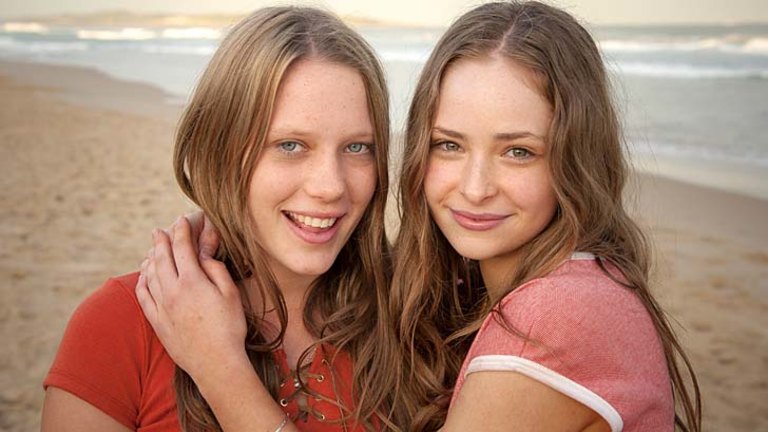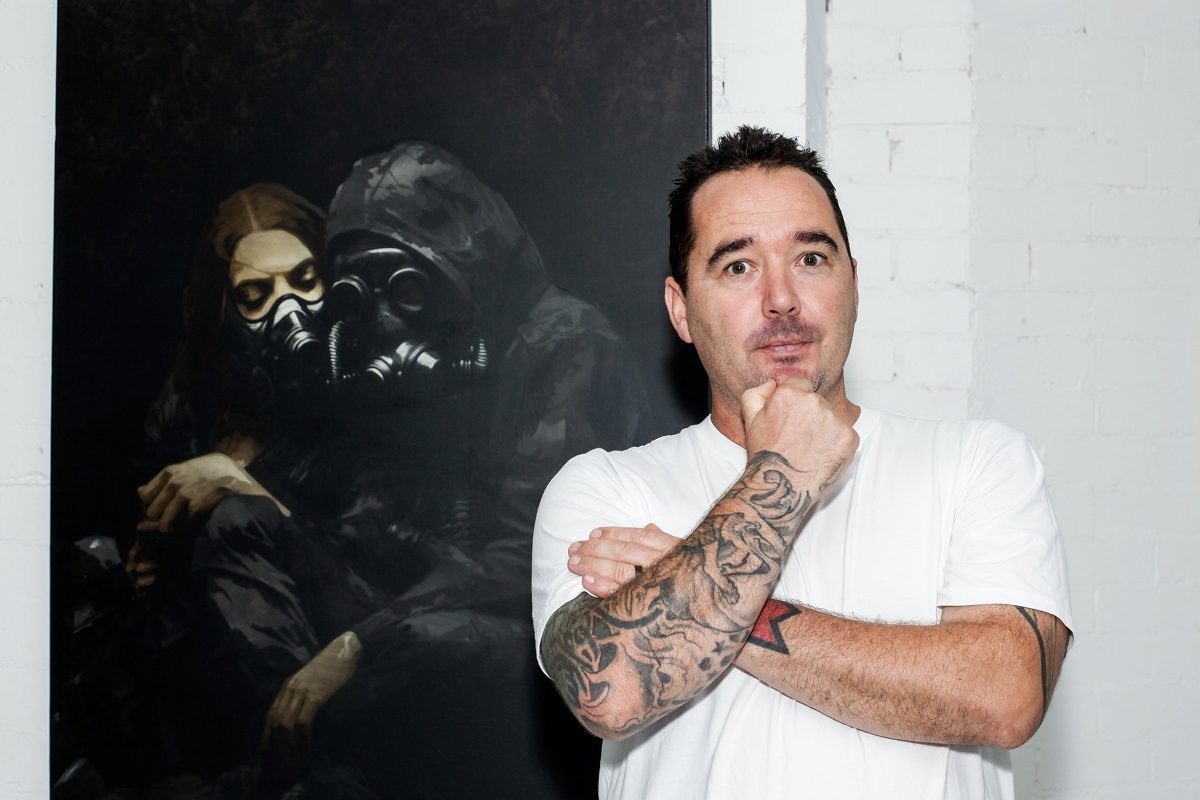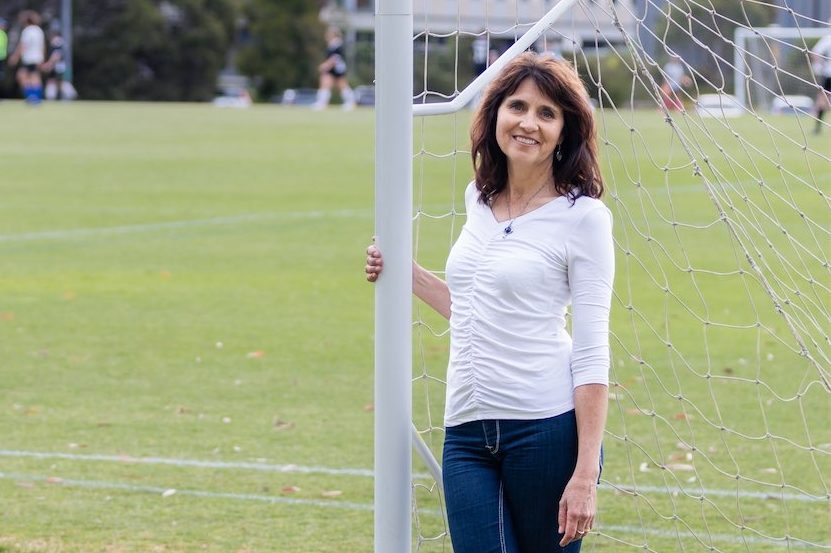
Streaming columnist NICK OVERALL is full of nostalgia for the return of “Puberty Blues”, the TV series on Netflix.
WHEN I watched the 2012 TV adaptation of the classic Australian novel “Puberty Blues” I was 15, close to the same age as the characters in the show.

On my muggy bus rides home from high school on a Thursday afternoon students would chatter and laugh about the most recent episode that had aired the night before.
“That’s unreeeaaaalll,” one would endlessly hear, mimicking the ‘70s surfer slang which was also the subject of Facebook memes getting thousands of likes and comments.
But there was a deeper captivation with the show’s unflinching confrontation of teenage sex, rape, drugs, drinking, pregnancy and identity, and its revealing of a darker side to the Sydney surf culture so normally idealised.
You could feel it on the tips of everyone’s tongues, a desire to talk more deeply about the topics explored in the show. Instead, there was only ever reserved dabbling in the shallows of the subject matter before quickly returning to the safe shores of the humour to be found in it all.
Many of the boys in my year group, including me, would pretend to be only half interested in the story of Debbie and Sue and their attempts to be one of the cool kids, but there was a quiet and more heartfelt fascination we knew was there but weren’t willing to say aloud.
The best-selling book by Gabrielle Carey and Kathy Lette had left an impact on my mum when she read it as a teenager in the ‘80s and not long after I started watching the show she had passed on her copy to me, which I also became fascinated by.
Now, nearly a decade after its original airing, the show has been brought to Netflix and received yet another popular reception, and revisiting it left me with a deep sensation of teenage nostalgia.
There is undoubtedly something to be said about “Puberty Blues” being able to make an impact across generations.
Published in 1979, the semi-autobiographical novel was rife with controversy for being so honest in confronting the issues it does, especially with its two lead characters being only 13 years old.
In fact, so intense was the reception to the book’s boundary pushing that it would eventually lead the co-authors to part ways.
It didn’t take long for Australian filmmaker Bruce Beresford to capitalise on the novel’s cultural presence and turn it into a film that, in 2021, turns 40 years old and is also available on Netflix.
Due to censorship laws, the film had to restrict some of the more intense themes of the novel, with the two leads themselves being changed from age 13 to 16.
But by 2012, there was much more freedom to tell a story closer to that of the original book, and the show handles its themes with a deft hand. Refreshingly, like the novel, it doesn’t jarringly preach on the issues it explores like so many other modern TV shows do.
Instead there’s an earnest, real atmosphere to it all – one that says “this is what we experienced” and lets the audience do with that confronting realisation what they will.
Of course, high-school bus rides were never going to be a forum for emotional dissection of the series, but what they did reveal is the story’s ability to capture an audience of today as much as it did Generation X.
There’s an important, teenage timelessness to the subject matter, one able to get young people thinking about its messages and perhaps even help them find a little more understanding and guidance through the rough swells of adolescence.
No wonder it’s still making waves.
Who can be trusted?
In a world of spin and confusion, there’s never been a more important time to support independent journalism in Canberra.
If you trust our work online and want to enforce the power of independent voices, I invite you to make a small contribution.
Every dollar of support is invested back into our journalism to help keep citynews.com.au strong and free.
Thank you,
Ian Meikle, editor




Leave a Reply